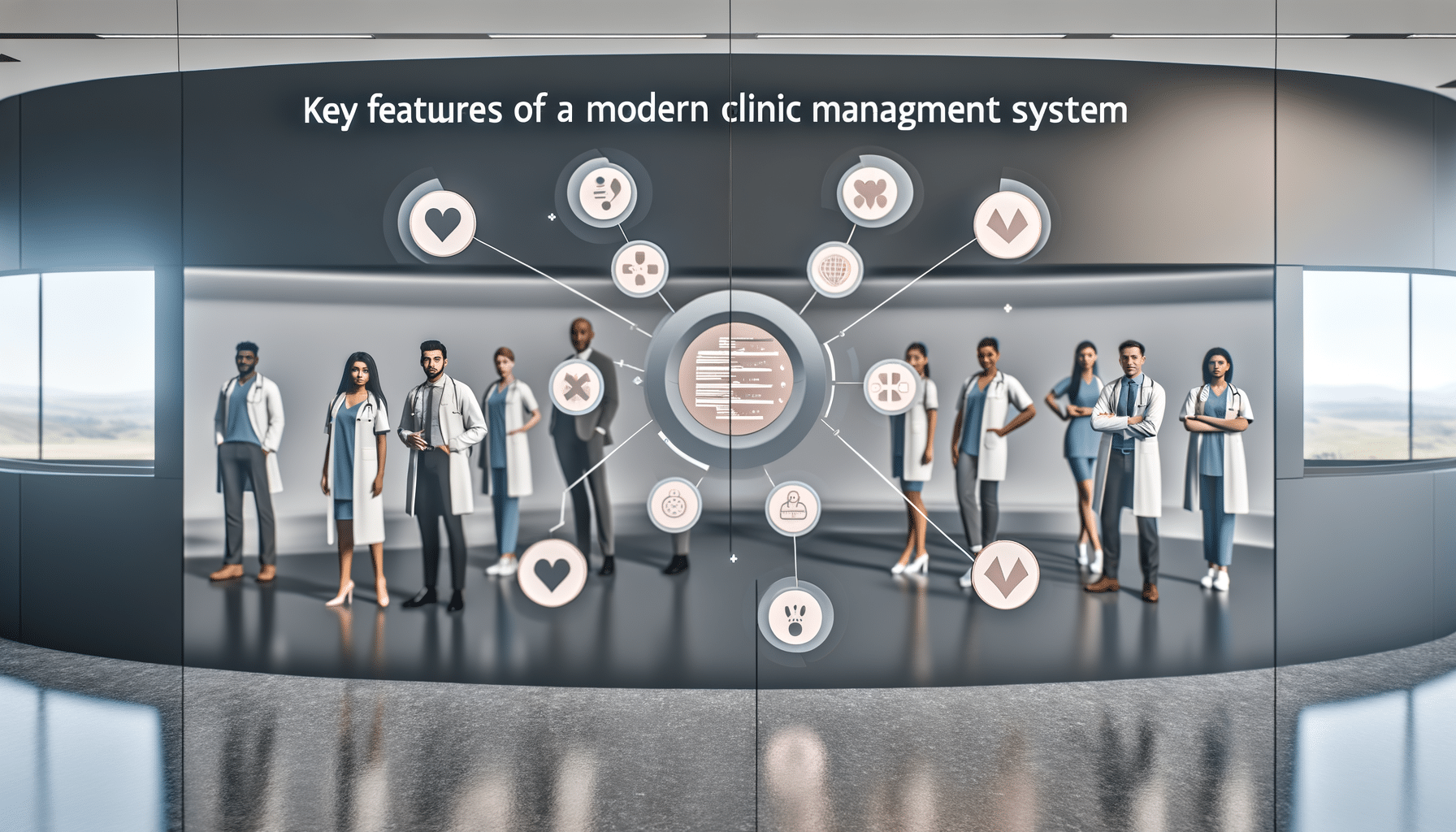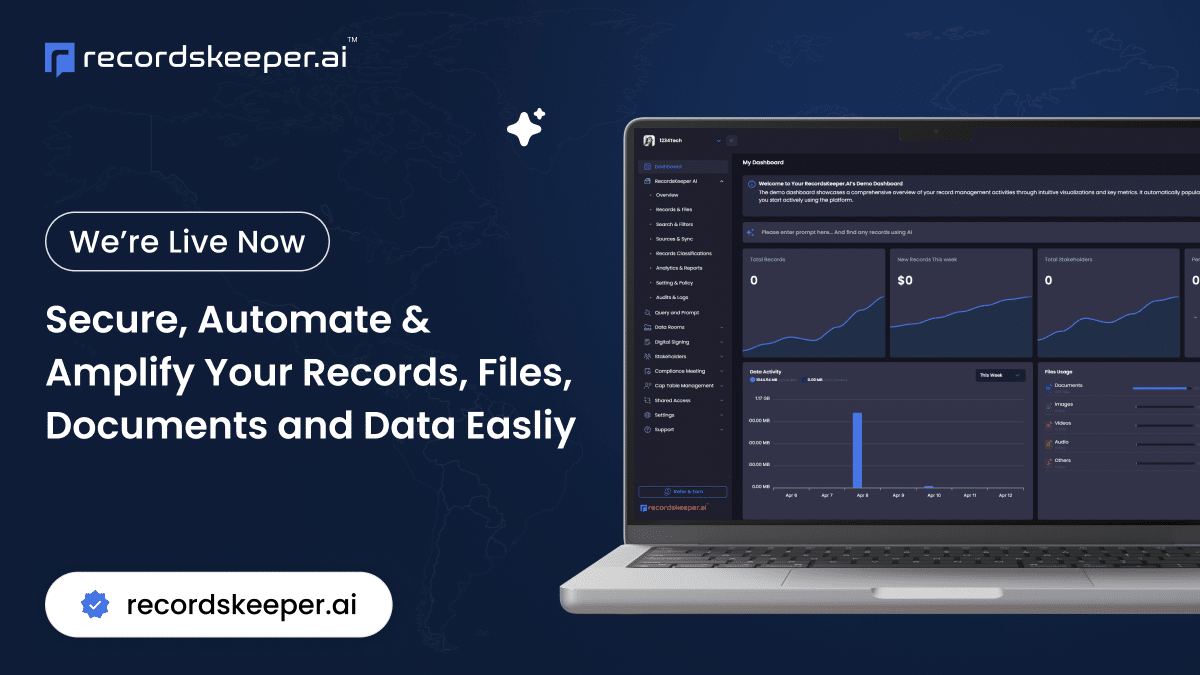In today’s fast-paced healthcare sector, the demand for efficient, scalable, and secure clinic management systems has never been higher. My journey with developing AI and blockchain-driven solutions like RecordsKeeper.AI has revealed critical insights into what constitutes a robust and modern clinic management system. In this piece, I intend to blend my background in AI technology with the practical requirements of healthcare IT to outline the key features that significantly enhance clinic operations and ensure compliance.
Understanding the Imperative: Why Modern Clinic Management Matters
Before diving into specific features, it’s crucial to recognize why modernizing clinic management systems is essential. With the healthcare landscape continuously evolving, clinics are under pressure to streamline operations, safeguard patient data, and adhere to complex regulatory standards. Here is where AI in healthcare IT becomes transformative—allowing for efficient data handling and process automation, which are keys to thriving in the industry today.
1. Seamless Appointment Scheduling and Management
Gone are the days of manual appointment booking. A top-notch clinic management system ensures seamless scheduling, directly translating to enhanced patient satisfaction and operational efficiency. Advanced systems leverage AI to predict patient no-shows and optimize scheduling, actively minimizing appointment overlaps and maximizing clinic resources.
2. Patient Data Management: Beyond Simple Record-Keeping
Patient data is at the heart of effective clinical operations. A modern system not only stores but categorizes and analyzes patient information through AI mechanisms, assisting healthcare providers in delivering informed care. Think of it as evolving from simple data entry to a dynamic resource that supports decision-making.
3. Integrated Billing and Payment Solutions
Billing mismanagement can disrupt clinic operations significantly. An efficient system integrates billing workflows, ensuring accurate claims generation and tracking. Utilizing automation, these systems streamline the revenue cycle, handling everything from invoicing to payment tracking, vastly reducing human error.
4. Enhanced Communication Channels
The integration of secure messaging systems within a clinic management system supports streamlined communication among staff and with patients. Maintaining a secure yet easily accessible channel for communication upholds patient confidentiality while enhancing patient engagement.
5. Regulatory Compliance and Data Security
Compliance with regulations like HIPAA and GDPR is non-negotiable in healthcare IT. Therefore, a competent clinic management system incorporates built-in compliance checks and data security protocols. Blockchain technology further accentuates security, offering immutable transaction ledgers that enhance trust and transparency.
6. Automated Workflow Management
Automation is central to realizing efficiencies within clinic operations. By automating repetitive administrative tasks, clinics can focus more on patient care. For example, AI-driven systems can automate appointment reminders, prescription renewals, and even preliminary patient assessments, liberating valuable time for healthcare professionals.
7. Analytics and Reporting
In today’s data-driven world, actionable insights derived from analytical tools are paramount. Clinic management systems with robust analytics capabilities can empower clinics with data visualization and detailed reporting functions. This feature is crucial in identifying trends, improving service delivery, and making strategic business decisions.
8. Customizable and Scalable Solutions
A one-size-fits-all approach often falls short in the diverse world of healthcare. Modern systems should offer customizable modules to fit unique clinic needs and provide scalable solutions catering to clinic growth. This flexibility ensures that clinics can adapt seamlessly to changing patient loads or service offerings without disrupting existing processes.
Embracing the Future
The future of healthcare IT lies in the harmonization of technology, security, and patient care. As systems like RecordsKeeper.AI demonstrate, the inclusion of AI not only amplifies efficiency but also positions clinics at the forefront of innovation. The modern clinic management system should not just manage operations—it must redefine them, setting a new standard for excellence.
At RecordsKeeper.AI, we focus on creating solutions that are not simply tools but strategic assets for clinics looking to lead in a competitive healthcare ecosystem. For those interested in exploring more about how to harness technology for effective clinic management, I extend a warm invitation to delve deeper into our offerings and insights.
Following these foundational elements will empower any clinic to better focus on its core mission—providing unparalleled patient care while ensuring operational efficiencies are maximized.








